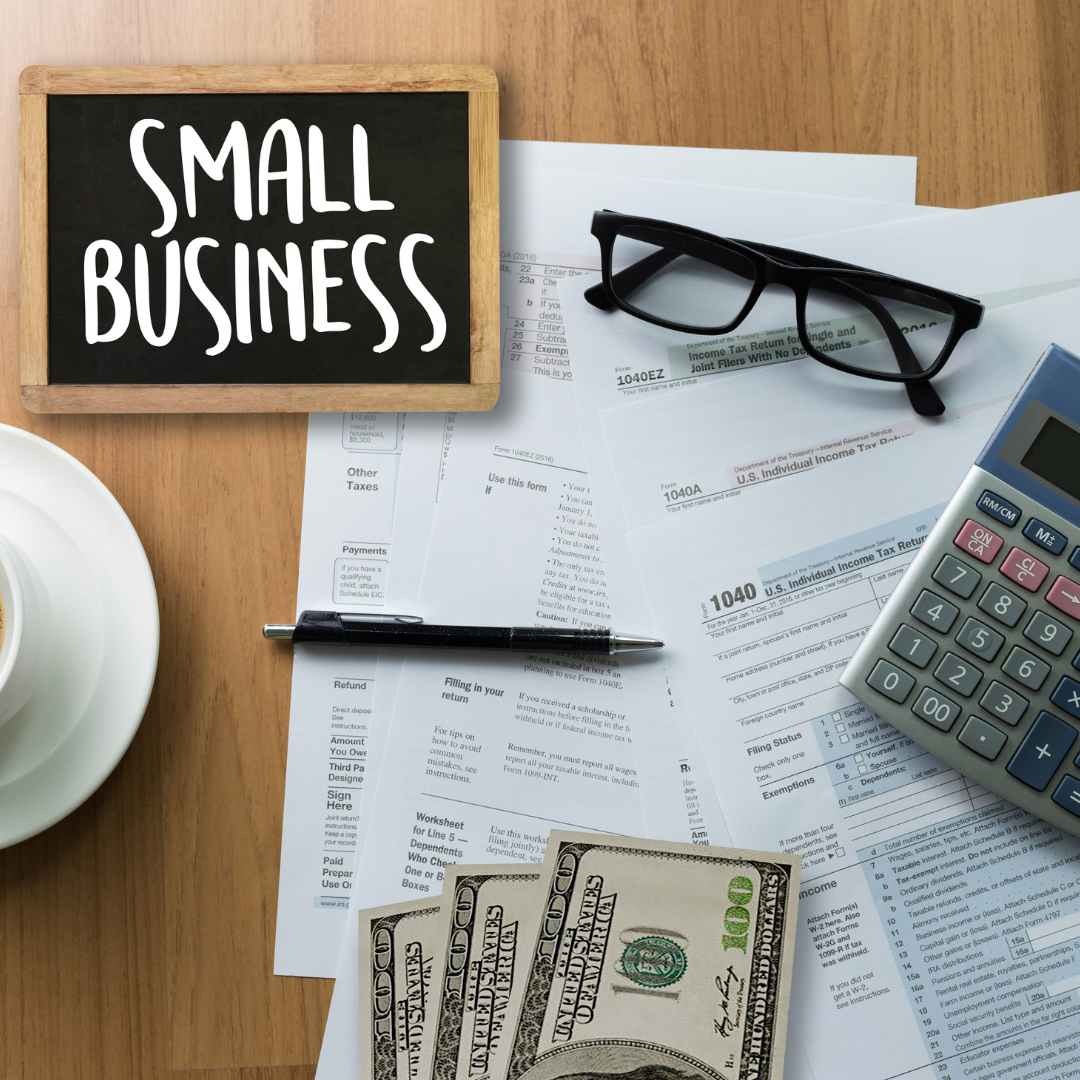If you’re thinking of buying an unprofitable business, there are a few things you should take into account before making your decision. The most important thing to remember is that just because a business isn’t profitable doesn’t mean it can’t be valuable. You should consider several factors when valuing an unprofitable business, including the potential for future profitability, the quality of the business’s assets, and the market demand for the products or services it offers.
When valuing an unprofitable business, one of the first things you should consider is its potential for future profitability. Even if a business isn’t currently profitable, it may have good prospects for becoming profitable in the future. This is especially true for new businesses or in a rapidly growing industry. If you believe a business has good prospects for future profitability, this can increase its value even if it isn’t currently profitable.
Another thing to consider when valuing an unprofitable business is the quality of its assets. Even if a business isn’t generating income, it may have valuable assets that can be sold or used to generate income in the future. For example, a company might have valuable patents or trademarks that could be sold or licensed or equipment or real estate that could be leased or sold. The value of a business’s assets should be considered when valuing an unprofitable business.
Finally, it would help if you also considered the market demand for the products or services offered by the unprofitable business. Strong demand for the business’s products or services can increase the value of the business even if it isn’t currently profitable.
What is the Value of an Unprofitable Business?
The value of an unprofitable business is determined by several factors, including the potential for future profitability, the quality of the business’s assets, and the market demand for the products or services it offers. If you believe a business has good prospects for future success with the existing products and services, this can increase its value even if it isn’t currently profitable. However, if you believe that you need to create new products or improve the existing ones, diving into thorough Product development and research market might become imperative. This step can help you gain insights into customer preferences and can potentially boost the business’s value down the line.
Factors that Affect the Value of an Unprofitable Business
Several factors can affect the value of an unprofitable business, including:
- The potential for future profitability: Even if a business isn’t currently profitable, it may have good prospects for becoming profitable. If you believe a business has good prospects for future profitability, this can increase its value.
- The quality of the business’s assets: Even if a business isn’t generating income, it may have valuable assets that can be sold or used to generate income in the future. The value of a business’s assets should be considered when valuing an unprofitable business.
- The market demand for the products or services offered by the business: If there is strong demand for the business’s products or services, this can increase the value of the business even if it isn’t currently profitable.
How to Determine the Value of an Unprofitable Business
There are several methods you can use to determine the value of an unprofitable business, including:
- Asset valuation: This method involves valuing the business’s assets, such as patents, trademarks, equipment, and real estate. The value of the assets is then subtracted from the liabilities to arrive at the business’s equity value. You might want to assess these in the long term, so that you get a good picture of how the business will look like in the immediate future as well. And it’ll be far easier to do this while looking at the revenue, profit and loss statement and a couple other metrics as well. As such, you can consider using a few financial modeling examples, so that you get a holistic view of the business that you are intending to purchase.
- Market valuation: This method involves valuing the enterprises that are being sold or liquidated, based on the sale price of similar entities. This valuation can be especially useful when dealing with unprofitable ventures, as it can offer a benchmark based on the real world transactions. When you are comparing your business to similar ones that have been sold, you are getting an idea on what the market is willing to pay. In such situations, you can take assistance from agencies nearby by searching for “appraisers Alberta“, for example. Professional appraisers can ensure that factors such as industry trends, market conditions, and specific attributes of the company are considered to make a fair valuation.
- Discounted cash flow analysis: This method involves estimating the business’s future cash flows and then discounting them back to present value. This method can be used to value businesses that are still operating but are not yet profitable. By focusing on the cash flows, this method can offer a more accurate valuation. However, it requires a realistic projection about the company’s future growth potential, market share, revenues, and return on investment. If the projection is too optimistic, it can result in inflated valuations.
The Importance of Valuing an Unprofitable Business
It’s vital to keep in mind that the worth of an unprofitable business isn’t automatically zero. Even if a business isn’t making money right now, it might possess valuable assets or promising potential for future profitability. When presenting a sales proposal to Different Business Buyers, offering a thorough analysis of the business’s value should include its assets, liabilities, and future prospects. That way, it can assist potential buyers in making well-informed decisions.
When Should You Value an Unprofitable Business?
There are several situations when you may need to value an unprofitable business, including:
- When the business is being sold or liquidated: If a business is being sold or liquidated, its value will need to be determined to arrive at a sale price.
- When the business is seeking investment: If a business is seeking investment, its value will need to be determined to raise capital.
- When the business is being restructured: If a business is being restructured, its value will need to be determined to assess the impact of the restructuring on the business’s equity holders.
In summary, when valuing an unprofitable business, you should consider its potential for future profitability, the quality of its assets, and the market demand for its products or services. If you believe a business has good prospects for future success, this can increase its value even if it isn’t currently profitable.







